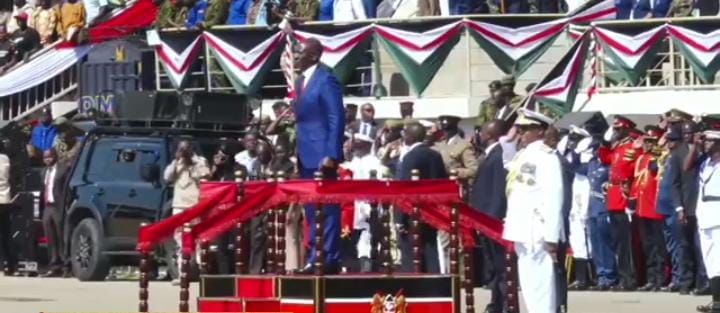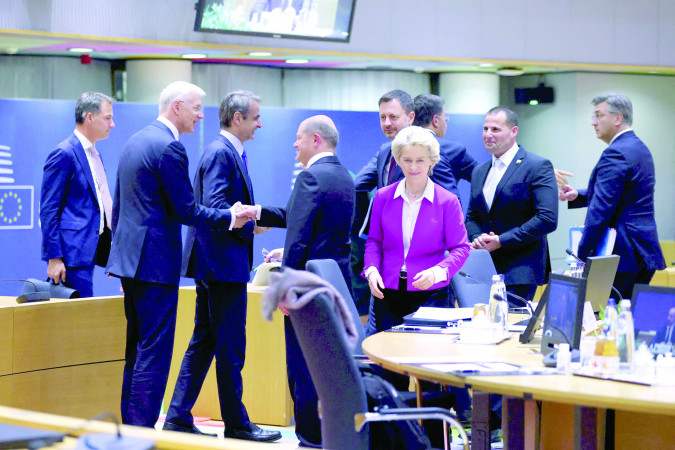EU leadership meets amid divisions over Russian oil
By naomi.njoroge, May 31, 2022European Union leaders have gathered in a new show of solidarity with Ukraine, but divisions over whether to target Russian oil in a new series of sanctions are exposing the limits of how far the bloc can go to help the war-torn country.
Ukrainian President Volodymyr Zelenskyy, who will address the bloc’s 27 leaders by video in the evening, has repeatedly demanded that the EU target Russia’s lucrative energy sector and deprive Moscow of billions of dollars each day in supply payments.
But as they arrived at the summit on Monday, several leaders said there would not be an agreement on a Russian oil ban at the two-day meeting, adding that weeks of haggling were likely to continue.
The leaders are set to agree in principle over a ban, the Reuters news agency reported citing a draft text, but they will leave all the details and hard decisions for later.
“We’re not there yet,” European Commission President Ursula von der Leyen said. Estonian Prime Minister Kaja Kallas said it was more realistic to expect an agreement next month.
“I don’t think we’ll reach an agreement today. We’ll try to reach an agreement by the summit in June, this is the realistic approach by now,” Kallas said.
The next summit is scheduled for June 23-24. Some complained harshly over the lack of a deal.
“We’re getting a little bogged down in all of the details and we’re forgetting the big picture,” Latvian Prime Minister Krisjanis Karins said.
“It’s only money, the Ukrainians are paying with their lives,” he said, adding: “We can and we must support them, if only out of self-interest because only when Russia is defeated can we in Europe feel safe.”
A draft text seen by Reuters – which may still be revised – would confirm that an eventual sixth package of EU sanctions will include a ban on seaborne oil imports, with pipeline oil supplied to landlocked Hungary, Slovakia and the Czech Republic to be sanctioned at some later point.
However, the leaders will not finalise a deal on this now, instead, they will ask diplomats and ministers to find a solution that would also ensure fair competition between those still getting Russian oil and that cut-off.
Belgian Prime Minister Alexander De Croo said “these are not easy decisions,” adding: “I have no doubts that within the next days, the next weeks, decisions will be taken.”
Hungary holds out With Hungary being the main holdout on a deal on a Russian oil ban, its prime minister, Viktor Orban, said as he arrived at the EU summit that things were not looking good on an oil embargo. “There is no compromise for this moment at all,” Orban said.
“We are ready to support the package … if there are solutions for the Hungarian energy supply security, we haven’t got that now.” Czech Prime Minister Petr Fiala suggested that delaying oil sanctions on Russia could be a solution.
“We’re ready to get rid of our dependence on Russia’s energy sources … but we’re not able to do it in a short term,” Fiala said. Russian Foreign Minister Sergei Lavrov has denied speculation that President Vladimir Putin is ill.
In an interview with French TV, Lavrov said the Russian leader appears in public every day, and no sane person would see any signs of an ailment.
There has been increasing unconfirmed media speculation that Putin, who turns 70 this year, maybe suffering from ill health, possibly cancer.
The interview came as Russia continues its advance in Ukraine’s Donbas region. Lavrov said the “liberation” of the eastern region was an “unconditional priority” for Russia. He repeated the Kremlin’s widely discredited line that Russia is fighting a “neoNazi regime.”
More Articles

